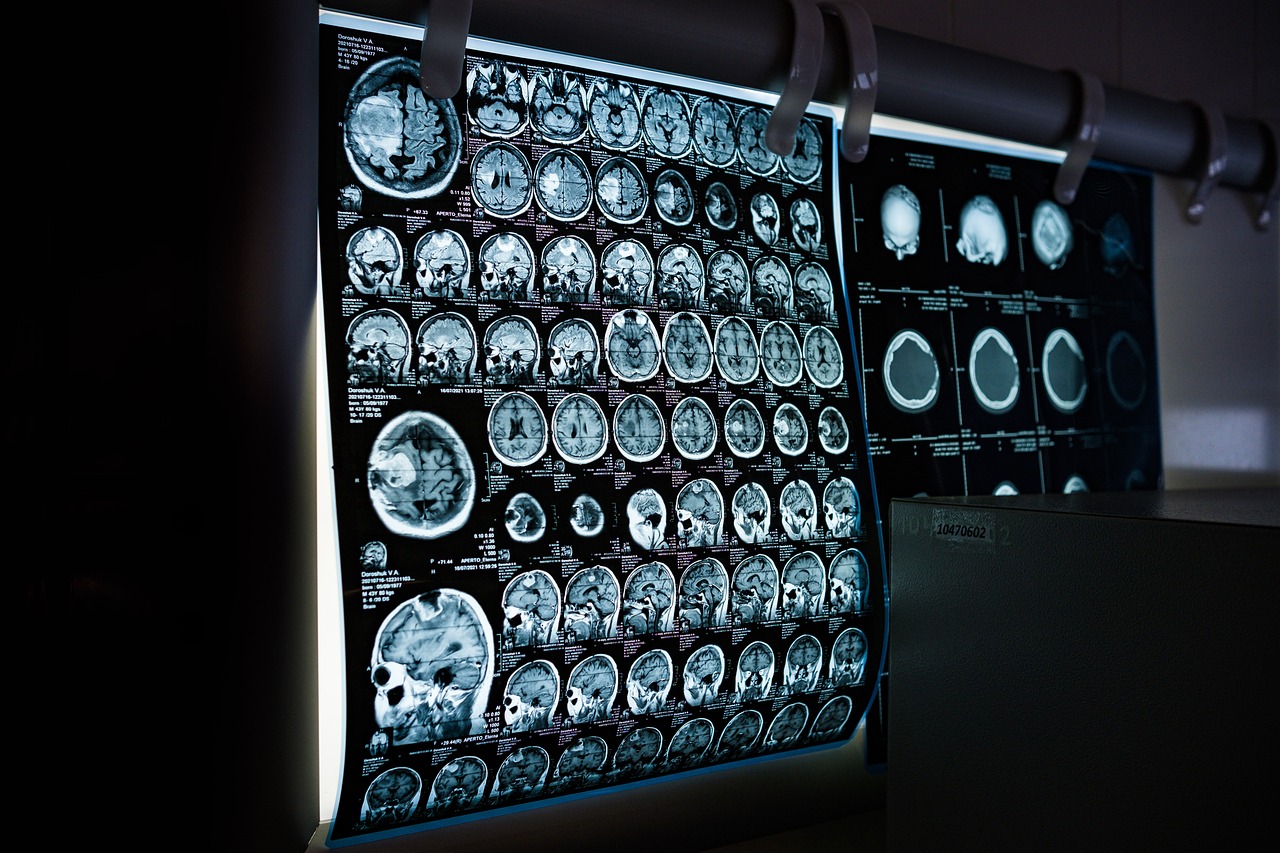Drugs/Therapy
Scientists Find Certain Drugs May Prevent Brain Aneurysm Rupture

brain scan for aneurysm | (Photo : Image by Dmitriy Gutarev from Pixabay)
A recent study indicates that certain prescription drugs could potentially lower the risk of a life-threatening bleeding stroke caused by a ruptured brain aneurysm. While the study reveals associations rather than direct causation, it presents promising avenues for further research into preventive treatments.
Study author Jos Peter Kanning, MSc, from the University Medical Center Utrecht, emphasized the pressing need for novel approaches to prevent strokes resulting from ruptured brain aneurysms, especially considering their higher fatality rates and prevalence in younger populations compared to other stroke types.
"We urgently need new ways to prevent this type of stroke, which occurs at younger ages and with a higher death rate than other types of stroke," Kanning said. "Our current surgical treatments for brain aneurysms have a risk of permanent disability and death that often outweighs the potential benefits, so preventing rupture with a non-invasive drug would be very beneficial."
Analyzing data from 4,879 individuals who experienced ruptured brain aneurysms, termed aneurysmal subarachnoid hemorrhages, researchers compared them with 43,911 counterparts who did not have such conditions. Electronic health records were scrutinized to assess participants' prescription drug usage.
The study published in the online issue of Neurology, identified four drugs associated with a reduced risk of brain aneurysm rupture: lisinopril, a high blood pressure medication; simvastatin, used to manage cholesterol levels; metformin, a diabetes medication; and tamsulosin, prescribed for benign prostatic hyperplasia.
After adjusting for various risk factors like hypertension, smoking, and alcohol consumption, individuals currently using lisinopril demonstrated a 37% lower likelihood of experiencing a ruptured brain aneurysm compared to non-users. Similar risk reductions were observed for simvastatin (22% lower risk), metformin (42% lower risk), and tamsulosin (45% lower risk), Medical Express reported.
Conversely, the study also noted an elevated risk of brain aneurysm rupture associated with the use of four drugs: warfarin (a blood thinner), venlafaxine (an antidepressant), prochlorperazine (an antipsychotic and anti-emetic), and co-codamol (a painkiller).
Kanning stressed the necessity for future investigations to validate these associations and ascertain the efficacy of these drugs in preventing hemorrhagic strokes. Additionally, such research could uncover further risk factors for subarachnoid hemorrhage, potentially paving the way for innovative aneurysm management strategies.
One limitation acknowledged by the researchers was the reliance on prescription data, which may not fully reflect patients' medication adherence or correct usage.








Join the Conversation